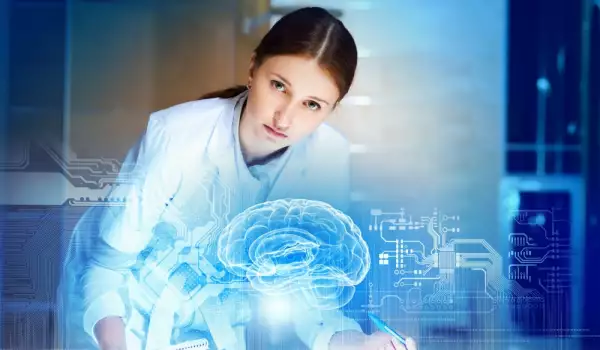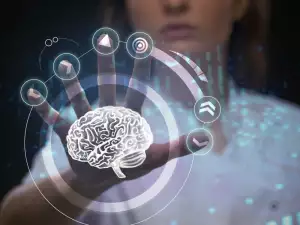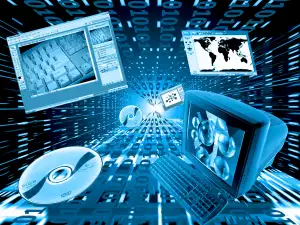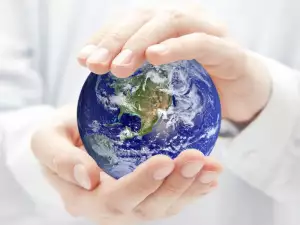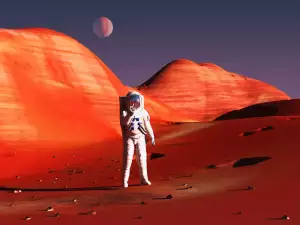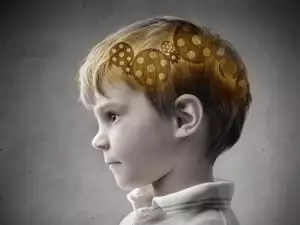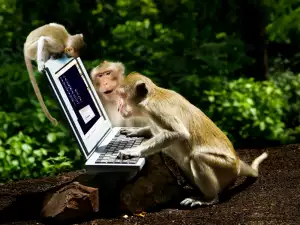The long-coveted dream for hundreds of generations throughout history and into today - immortality - may soon enough become reality. Although it may sound like another Hollywood blockbuster, uploading the brain into a computer and achieving immortality in so doing, will soon be fact, not just fiction.
In an interview, world-famous prof. Brian Cox has stated that the technology in question is known as technological singularity. Scientists have been working on it and have achieved significant breakthroughs. According to Cox, there is no evident reason why human intelligence should not be simulated and situated in computers. But he has not provided any time frames for when this will occur.
At a science conference in San Diego, California, Cox explained the intricacies of the merging of human consciousness with machines to hundreds of his scientist colleagues. He doesn't see any obstacles preventing this from happening because real artificial intelligence is definitely possible in the smallest particles found in quantum physics - an area he's an expert in.
Scientists believe they'll be able to use technological singularity in the future to convert a person's brain into digital data and upload it into an exceptionally powerful computer. This would allow that person to live in a world of unlimited virtual existence and efficiency, which would in a sense be a sort of immortality.
"I don't think that a human's brain is different from a computer's because that would mean that there's something non-physical about them, " notes Cox. And he's not alone in this ambition. Last year, Ray Kurzweil, director of engineering at Google, made a prediction that in no more than 30 years people will be able to upload their entire consciousness into computers and become digitally immortal.
Kurzweil goes further, saying that the biological parts of our body will be replaceable by mechanical ones in the year 2100.
"Based on conservative estimates of the computing power required to simulate a fully-functioning human brain, we'll be able to expand the limits of our intelligence a billion times, " adds Kurzweil.
